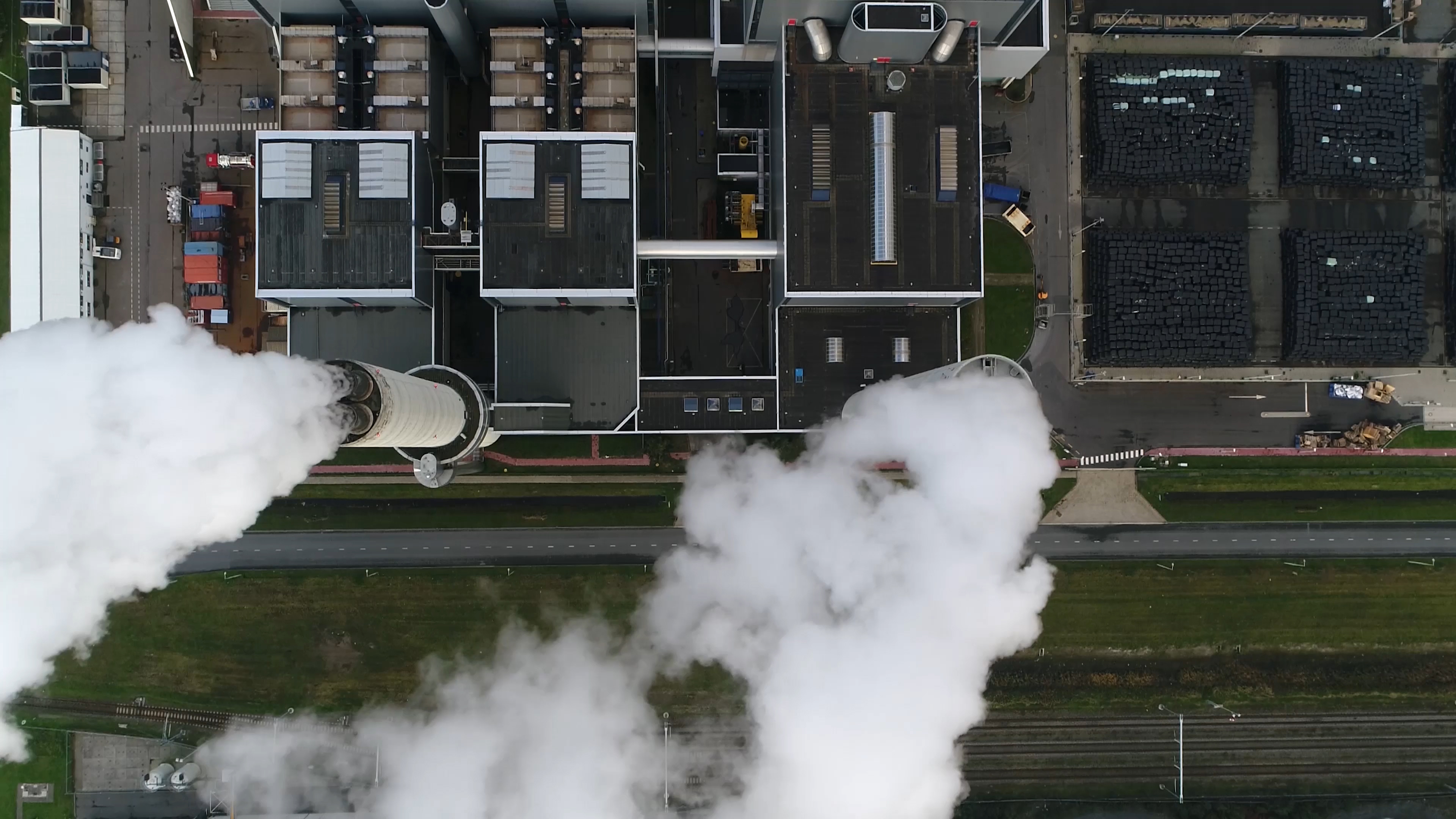Australia onto losing strategy with plan for global CO2 trade deal

This will be a financial disaster that will end with Australian taxpayers footing an expensive bill.
Key Takeaways:
Proposed legislation to enable Australia to import and bury other countries’ carbon dioxide (CO2) emissions should not go ahead. The proposals would leave Australia exposed to dangerously high risk of financial and legal liability.
The legislation depends on carbon capture and storage (CCS), a process with a long history of failure, with billions of dollars sunk into projects that developed problems leading to long-term cost blowouts. Australia’s own efforts – notably the Gorgon CCS facility off Western Australia – have spectacularly underperformed in sequestering emissions.
Even if CCS could be made to work effectively, the process only addresses 10%-15% of the total emissions created by gas extraction. If passed, the bill would put Australia’s 2030 emissions reduction targets and the objectives of the Safeguard Mechanism in jeopardy.
[14 July 2023] (IEEFA Australia): The Institute for Energy Economics and Financial Analysis (IEEFA) has criticised Australian government proposals to amend legislation to allow the import of carbon dioxide (CO2) emissions for burial in geological formations beneath the seabed. IEEFA oil and gas analyst Kevin Morrison says the plan could cost taxpayers billions by using unproven technologies to manage the CO2 it imports.
“There needs to be a conversation about who’ll be footing the bill here,” says Morrison. “Any economic benefits derived from importing other countries’ emissions for disposal has to be balanced against the risk – financial and otherwise – that Australia would be lumbered with. The scale of these projects would essentially make them ‘too big to fail’. Can Australian taxpayers really afford to cover that risk?”
"The scale of these projects would essentially make them ‘too big to fail’. Can Australian taxpayers really afford to cover that risk?”
The proposed Environment Protection (Sea Dumping) Amendment (Using New Technologies to Fight Climate Change) Bill 2023 involves the use of carbon capture and storage (CCS). In IEEFA’s submission to the Australian Senate’s Environment and Communications Legislation Committee, Morrison notes that CCS is a process with a long history of underperformance.
Morrison says: “CCS has been around since the 1970s and continues to fail to live up to the expectations promoted by oil and gas producers. It was originally designed to extract more oil and gas from depleted wells, not for the management of CO2 emissions. In that latter application it has not been proven effective and has been found to develop problems with significant long-term cost burdens.”
While frequently depicted as an emerging technology, CCS has a history of failed and abandoned projects dating back more than half a century. Even projects cited as evidence of CCS’s potential have been beset with problems. For example, the fossil fuel sector regularly hails the Sleipner and Snøhvit facilities in Norway as success stories for CCS. However, recent IEEFA research has uncovered significant issues concerning gas leakage at both sites, raising troubling questions about whether they should be the template for larger, more complex CCS projects. Sleipner and Snøhvit will require extensive monitoring and surveying throughout their life, at a high material cost.
Despite its maturity, CCS has proved an unreliable technology in several cases, and none more so than the Gorgon CCS facility near Barrow Island, off Western Australia. Since IEEFA filed its submission on 6 July, reports have emerged that Gorgon will be capturing less CO2 this year than ever before, and that Gorgon operator Chevron will be spending more money on modifying the wells associated with the CCS as the company struggles to capture anywhere near the 80% it was required to capture from Scope 1 emissions. This further underperformance of CCS requires further scrutiny and overshadows industry’s claims regarding its potential.
The proposed legislation would lay the ground for Australian involvement in CCS projects that are far more ambitious than Sleipner and Snøhvit, and indeed Gorgon. Given the continued uncertainty around the technology, these projects would be accompanied by significant environmental risks, and would leave Australia exposed to unacceptably high levels of financial and legal liability.
According to Morrison, if the Senate passes the amendments, it will simply be allowing gas producers to continue opening new gas fields and increasing emissions. This would put Australia more at risk of failing to meet its relatively modest CO2 reductions targets and the objectives of the government’s Safeguard Mechanism.
Morrison says: “CCS only deals with a fraction of the total greenhouse gas emissions, as it ignores the 85% to 90% of total emissions from the energy sector when oil and gas is burned by the consumer. Global energy-related CO2 emissions totalled 36.8 gigatonnes in the calendar year 2022, whereas CCS sequestered a little more than 40 million tonnes of CO2 in the same period. This equates to a rounding error in the totality of emissions pumped into the atmosphere each year.”
The timing of the proposed legislative changes comes ahead of Australian gas producer Santos’s plan to make a final investment decision in 2025 on its proposed Bayu-Undan CCS project in the Timor Sea, within the maritime territory of Timor Leste. There are serious questions to be addressed regarding the liability for any emissions that may be leaked from the Bayu-Undan field, which would involve CO2 sourced from Australia, buried in the maritime area under the jurisdiction of Timor-Leste, while operated by Santos.
Morrison added: “Senators should amend the draft legislation to enhance legal and environmental protections, transparency and accountability of proposed transboundary CCS projects. Further amendments should include provision to obtain more information regarding proposed CCS import/export proposals in Australia, with a particular focus on the Bayu-Undan CCS project, and on the Middle Arm CCS project in Darwin.”
Read the submission: Submission to Inquiry into Proposed Amendments to the Environment Protection (Sea Dumping) Act
Media contact: Amy Leiper – [email protected] – +61 414 643 446
Author contacts: Kevin Morrison – [email protected]
About IEEFA: The Institute for Energy Economics and Financial Analysis (IEEFA) examines issues related to energy markets, trends, and policies. The Institute’s mission is to accelerate the transition to a diverse, sustainable and profitable energy economy. (ieefa.org)













